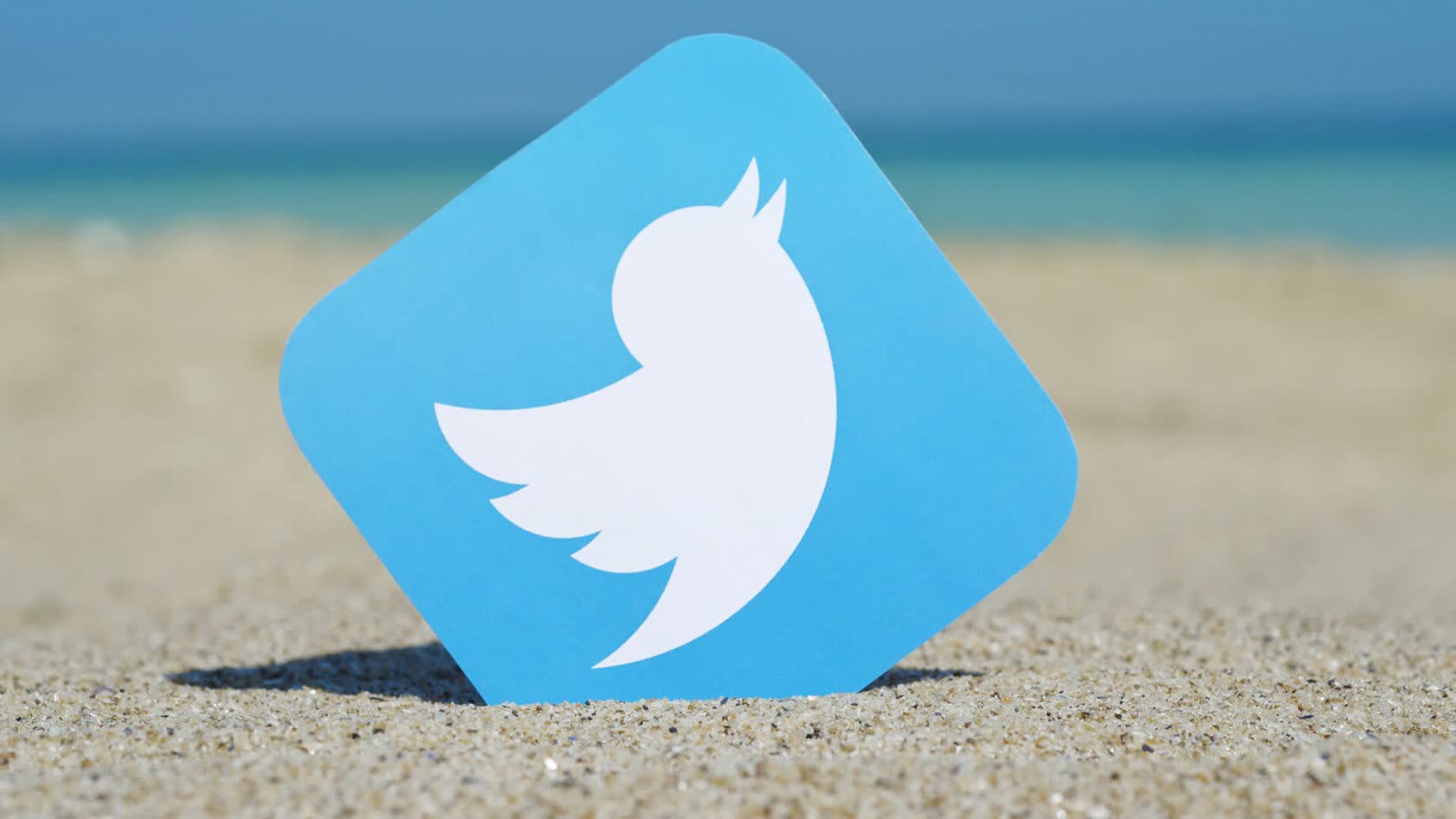In brief: Twitter has been around for years now, but aside from some aesthetic changes, a few policy tweaks, and a shift from 140 characters per tweet to 280, not much has changed about the platform – for better or worse. However, starting today, a radical new feature will arrive on the platform: "Fleets."
Since that silly name isn't particularly descriptive, we'll expand a bit further. Fleets are rolling out to Twitter users now, and they'll function quite a bit differently to normal tweets.
Like a tweet, anyone can see a Fleet (aside from users you've blocked) but nobody will be able to retweet, like, or publicly reply to them. Instead, users can only react to Fleets with a direct message; provided you haven't closed off your DMs.
If you're wondering why Fleets exist, Twitter's rationale is simple. According to the platform, many social media users feel overwhelming pressure when expressing themselves on Twitter – tweeting can feel "so public, so permanent," and like there's "so much pressure to rack up Retweets and Likes."
That thing you didn't Tweet but wanted to but didn't but got so close but then were like nah.
--- Twitter (@Twitter) November 17, 2020
We have a place for that now---Fleets!
Rolling out to everyone starting today. pic.twitter.com/auQAHXZMfH
Since Fleets are isolated from normal public interactions, and they auto-erase themselves after 24 hours, it might make some users more willing to chime in with their thoughts on a given topic, knowing that the post won't follow (or haunt) them for weeks and months to come.
Of course, other users can still screenshot Fleets, but they now have a shorter window of time to do so. Furthermore, without likes and retweets, it's much less likely that a random – perhaps inappropriate or uncomfortable – opinion will go viral.
Visually, Fleets will differ from normal tweets quite a bit. They have a soft gradient background, and allow you to share videos, pictures, and other tweets (with your reaction) – think Snapchat stories and you wouldn't be too far off the mark.
We're always glad to see social media platforms put more control in the hands of users, so Fleets seem like a great step in that direction. Other Twitter users don't seem particularly pleased with the concept, though it's always difficult to distinguish the memes from serious opinions.
